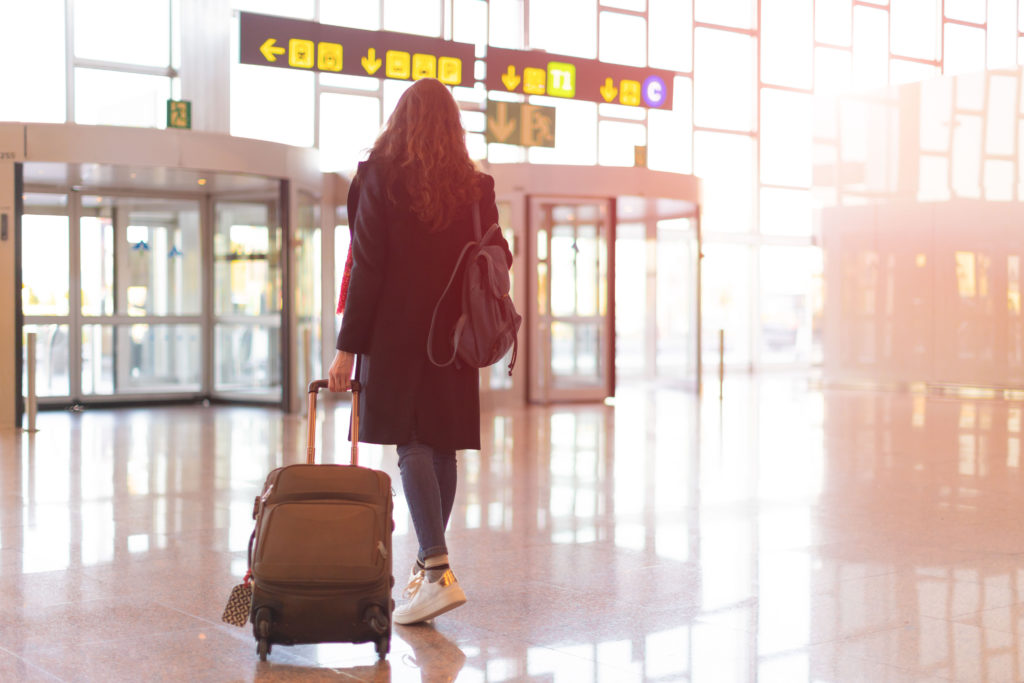Studying in Australia is a dream for many international students, and the subclass 500 Student visa is the main visa pathway that makes this possible. This visa opens doors to world-class education, new cultural experiences, and a potential long-term future in Australia.
But while the student visa offers incredible opportunities, it is important to understand the risks, obligations, and visa processing times that can affect your plans.
What is the subclass 500 Student visa?
The student visa (subclass 500) allows you to live in Australia while studying a CRICOS-registered course full-time. You can:
- Study at an approved school, college, university or other education provider
- Work up to 48 hours per fortnight during study periods*
- Travel freely in and out of Australia.
*Master of Research and PhD students have full-time work rights.
Importantly, this visa allows many international graduates to later apply for a Graduate visa or other long-term options.
Visa processing times
In recent years, we’ve seen increased processing delays for the Subclass 500 visa. This can happen for many reasons:
- High volumes of applications
- Incomplete or incorrect documentation
- Extra scrutiny on financial or GS (Genuine Student) evidence
It is not unusual for applications to take longer than stated on the Department of Home Affairs website. For some nationalities, or during peak application periods, delays can stretch beyond expected timeframes.
Tip: Lodge your application as early as possible and ensure all documentation is complete and accurate.
Risks of student visa refusals
While Australia welcomes thousands of students every year, visa refusals can happen if the application is not lodged correctly. In fact, student visas make up 67% of all visa refusals at the Administrative Review Tribunal.
Some common reasons for refusals include:
- Inadequate Genuine Student statements
- Insufficient evidence of financial capacity
- Low-quality or suspicious course providers
- Questionable study intentions
- Concerns about prior immigration history
- Poor documentation or inconsistencies across your application
The consequences of a refusal can be significant. You may face difficulty reapplying, especially if your circumstances don’t change. Worse still, a refusal while onshore may impact future visa options.
If your visa is refused, you may be eligible to appeal to the Administrative Review Tribunal (ART), but this can take many months and is not guaranteed.
Key requirements for a subclass 500 visa
To be eligible for a student visa, you must:
- Be enrolled in a CRICOS-registered course
- Meet the Genuine Student criteria
- Provide proof of financial support for tuition, living, and travel costs
- Have Overseas Student Health Cover (OSHC)
- Meet English language requirements
- Be of good health and character
- Be at least 6 years old
- Have adequate welfare arrangements if under 18
If applying in Australia, you must hold a valid visa that permits onshore applications. Visitor and Graduate visa holders are not eligible to apply for a new Student visa in Australia.
If you already hold a student visa and are applying for another, you must clearly demonstrate course progression (e.g. moving from Diploma to Bachelor’s, or Bachelor’s to Master’s).
Conditions you must comply with
Once granted, the student visa comes with strict conditions, including:
- Maintaining satisfactory attendance and course progress
- Keeping your OSHC active
- Informing the Department of any changes to your course or provider
- Not working more than 48 hours per fortnight during study periods
The Department of Home Affairs closely monitors student visa compliance. Breaching any of these conditions can result in visa cancellation.
Post-study pathways
If you complete at least two academic years of study in Australia, you may be eligible for a Graduate visa (subclass 485). This visa allows you to stay in Australia temporarily to live, work, and explore pathways to permanent residency.
For students studying in regional areas, additional incentives and post-study visa extensions may apply.
Get expert support
Student visa applications are not as simple as they seem. Each case is assessed individually, and errors or missing information can lead to long delays—or worse, refusals.
You can contact a registered migration agent using the Office of the Migration Agents Registration Authority (MARA) registry, or contact an immigration lawyer:
Nicole Kirkwood
Australian Visa & Immigration Experts
MARN: 0962323
Email: email@avie.com.au
Website & book a consultation: www.avie.com.au
What we do: Provide expert migration advice, assist and lodge all skills assessments and visa applications, state and regional sponsorship, ART and all other migration matters.






